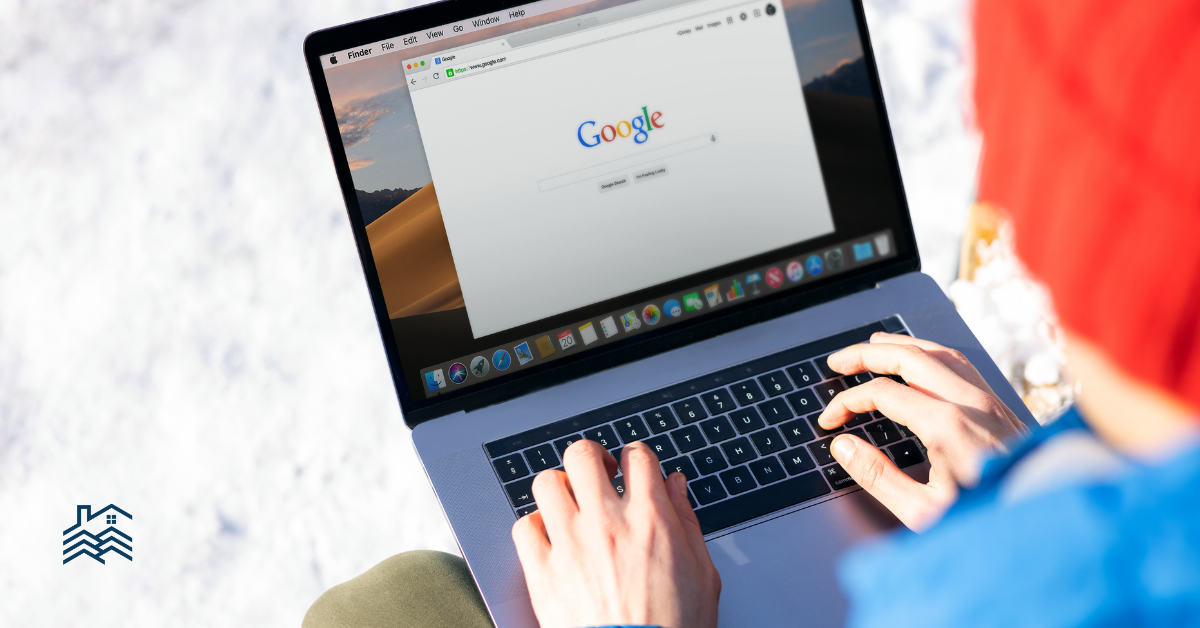You’re driving around town and see a used bookstore. You make a mental note and come back when you have time. Darn it. They’re closed. Well, you look them up on Instagram. Okay. You’ll follow them.
You come in a few times, pet the mascot — a black cat, and buy some books. Then, sadly, you see they closed or are for sale.
They couldn’t make it. Why? As a WordPress agency, we’re admittedly biased but that doesn’t change the truth. It’s obvious the used bookstore didn’t invest in a solid SEO strategy. You can’t build an audience only on Instagram. Sorry, not sorry.
Do I Really Need SEO For My Website?
The short answer is yes, you need SEO for your website. And you need a website for SEO. Unless, of course, you’re trying to launder money for a cartel like Los Pollos Hermanos. All joking aside, if you intend on making a profit as a small business, then your website should be optimized for people to find you. That findability is called SEO – Search Engine Optimization.
What’s a Search Engine in 2025?
In 2025, any website that allows you to enter a query and give you results is a search engine. This means, Google, of course, and the second largest search engine YouTube. It also means X, Facebook, Bing, Pinterest, Yelp, Google Maps, Waze, and Apple Maps.
“Done right, SEO can lower customer acquisition costs, making it an appealing avenue for companies looking to grow without breaking the bank..” Semrush
It’s not just the too-big-to-quit tech engines that count, either. DuckDuck Go, Brave, and other privacy-oriented search engines exist. Semrush lists the top 21, in fact.
And don’t forget our favorite AI assistants: Siri, Alexa, and Hey Google. Anytime you ask a computer a question, the answer depends upon a search engine. And the quality of the answer depends upon the human behind the keyboard.
Can You Have SEO Without a Website?
Yes, you can be found online without a website though it is much more difficult. Being found on platforms other than your website is called off-page SEO. On-page SEO refers to the optimizations you make for and on the website you own.
Many small businesses start off with only a Facebook Page or Google Business Profiles. But, would you trust a business that only uses Facebook? Maybe. They’d better be good. Why? Social validation.
Where are the reviews? How can you learn about them or verify their business hours? Accurate business hours are a huge reason to update all the things – especially in our post-pandemic world. But that’s another blog post.
We’ve seen many businesses come and go with just an Instagram account. And when their account is hacked, or they get banned for some reason, then the content is just gone. There’s no backup.
How Important is SEO for Local Businesses?
It’s not a stretch to say that SEO is vital for a local business. Think of how many businesses you’ve known start and close. Dozens? In fact, 1 out of 5 fail within two years. That’s 20%! Walk down the main street of your town to illustrate: duck, duck, duck, duck, goose. Goose will fail. That percentage is palpable. It’s a wake-up call.
Instead of investing the proper amount (up to 15% of revenue) on marketing and SEO (which includes your website), many businesses DIY it. Since everyone has a computer in their hands, there is a false sense that marketing is easy. It’s not quite that simple.
Maybe you can get by doing your own website if you have tech skills and some marketing talent. Firstly, that will only get you so far. Secondly, ask yourself this: do you really have time to build and maintain your own website, track the conversions, make edits, and publish regularly on your blog? If you do, then what part of your business are you stealing from? Biz Dev, Sales, Production, Accounting?
Now that’s something to think about.
Wondering how much local businesses pay for SEO on an ongoing basis? Nutshell reports that it is between $1,500 and $3,000 a month. If your monthly revenue is $10,000-$20,000, that tracks with 15% of revenue as your marketing budget.
“Local SEO is becoming increasingly important as more and more people use mobile devices for search. These days, 60% of all searches are performed on a mobile device, and nearly half of those searches have local intent.” Digital Marketing Institute
Still Want to Leave SEO Up to Chance? We’re happy to help.
You should care about SEO. Ready for the Next Step?
You may be thinking, “wow, this sounds like a lot of work and expertise that’s not in my toolbox! I prefer a nail gun!”
That’s okay. We got you.
We can handle the website and lead gen process so that you can keep doing what you do best – serving homeowners.
